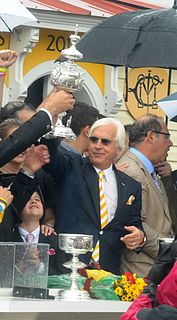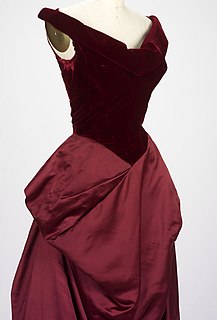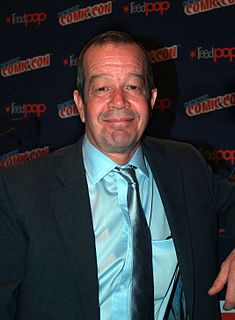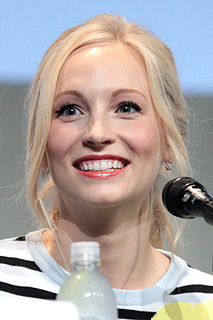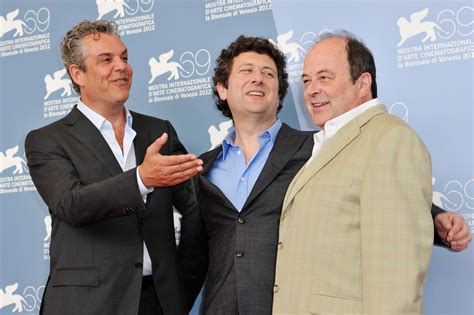A Quote by Greg Rucka
The worst thing that can happen for a writer is for a writer to start believing their own press. I think the industry, and the comics industry in particular, is littered with the bodies of writers who believed their own press. And you can see the moment they did, and then the work nosedives.
Related Quotes
I think it's what any artist would want: to feel like their work can be taken in on a level of experience beyond the headline or the press release. I don't think any artist wants to be reduced to a press release. We have a whole industry whose function it is to process and present information. There's nothing wrong with it, but it's not the thing.
As a reader, when the writer gets sentimental, you drift, because there's something fishy going on there. You recognize a moment that's largely about the writer and the writer's own need to believe in something that might not in fact exist. As a reader, you think, 'Where did the story go? Where did the person I'm reading about go?'
Nobody becomes a writer overnight. Well, I'm sure somebody did, but that person's head probably went all asplodey from paroxysms of joy, fear, paranoia, guilt and uncertainty. Celebrities can be born overnight. Writer's can't. Writers are made - forged, really, in a kiln of their own madness and insecurities - over the course of many, many moons. The writer you are when you begin is not the same writer you become.
The fact that we're at a point today where anybody, anywhere can put a comic book together and get it in front of the entire planet without spending a dime on printing and distribution - that's the good thing, and I think that's what's going to save [the comics industry]. These young people who have nothing to do with the industry we're in, just going out there and doing their own work and putting it out there, letting people respond to it.
Like a lot of small press founders I was looking for a way into publishing - as well as a way out of academia. Without moving to London, I couldn't see a way of working for a publishing house whose work I liked. Believe it or not, the simplest way for me to get into publishing was to start my own press.
I know that some of the folks in the press are uptight about this [moving the press corps out of the West Wing ], and I understand. What we're - the only thing that's been discussed is whether or not the initial press conferences are going to be in that small press - and for the people listening to this that don't know this, that the press room that people see on TV is very, very tiny. Forty-nine people fit in that press room.
If you're a song writer, it's a bit different because you are expressing your own words, feelings, perspective. As an actor, you are doing your best to interpret and express the root of the character's perspective which have been established by the writer. There are parallels of performing. Tapping into your own emotional piggy bank. The biggest commonality is if you are successful in either industry, you get free snacks all the time.
As a writer, being produced and getting credits is essential: it's like being a horse running a race - and if the movie is a success, then your horse won and people were right to bet on it. From my experience, and a lot of others have done it, it's the best way to start out in the industry and get recognition, which will then get you more work, and later on will allow you to do your own movies.





